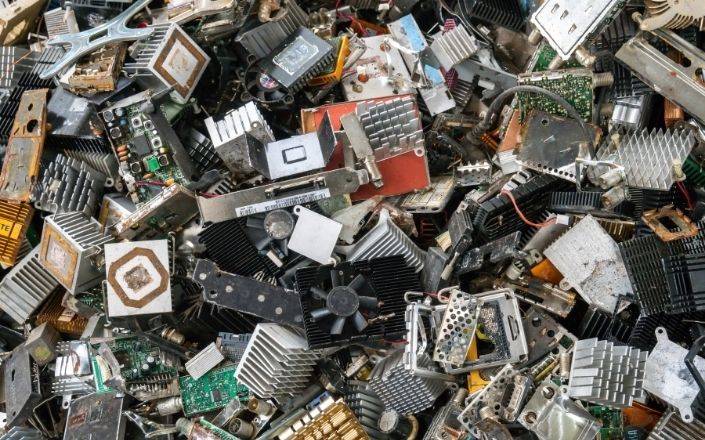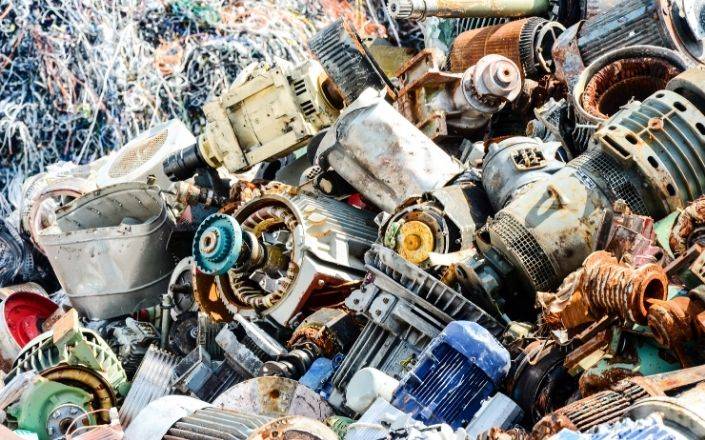Electronic Waste
At Katkısan Recycling, we offer leading services in electronic waste management. Electronic waste contains various valuable metals, plastics, and harmful substances, and when recycled, it can significantly contribute to both the environment and the economy. Proper processing of this waste is crucial for preventing environmental pollution, conserving natural resources, and advancing the recycling industry. For this reason, Katkısan Recycling aims to contribute to a sustainable future by securely and efficiently recycling your electronic waste.
What is Electronic Waste?
Electronic waste, or e-waste, refers to waste generated from electronic devices that have reached the end of their useful life or are no longer wanted. This includes computers, mobile phones, televisions, printers, and similar electronic devices and their components. E-waste can pose serious risks to the environment and human health if not properly processed and recycled due to the valuable metals and harmful chemicals they contain. Therefore, it is important to properly collect, separate, and recycle e-waste. The recycling process allows valuable materials to be extracted from these wastes and ensures that harmful substances are safely handled, reducing environmental impact and contributing to the conservation of natural resources.


Which Items Should Be Considered Electronic Waste?
Items that fall under the category of electronic waste include:- Computers and Components: Desktop computers, laptops, monitors, keyboards, mice, and hard drives.
- Telecommunication Devices: Mobile phones, tablets, landline phones, and other communication tools.
- Consumer Electronics: Televisions, radios, music players, and cameras.
- Small Household Appliances: Microwave ovens, vacuum cleaners, hair dryers, and similar devices.
- Office Equipment: Printers, photocopiers, fax machines, and calculators.
The Importance of Recycling Electronic Waste
Recycling electronic waste is crucial for several fundamental reasons, including protecting the environment, using resources sustainably, contributing to the economy, and safeguarding public health. Improperly processed e-waste can release harmful substances into the environment, threatening ecosystems and human health. In contrast, recycling allows valuable materials to be reused, preventing resource waste and creating economic value. Additionally, recycling processes offer new job opportunities in the waste management sector, contributing to economic growth and raising environmental awareness in society. For these reasons, the responsible recycling of electronic waste is essential for a sustainable future.
